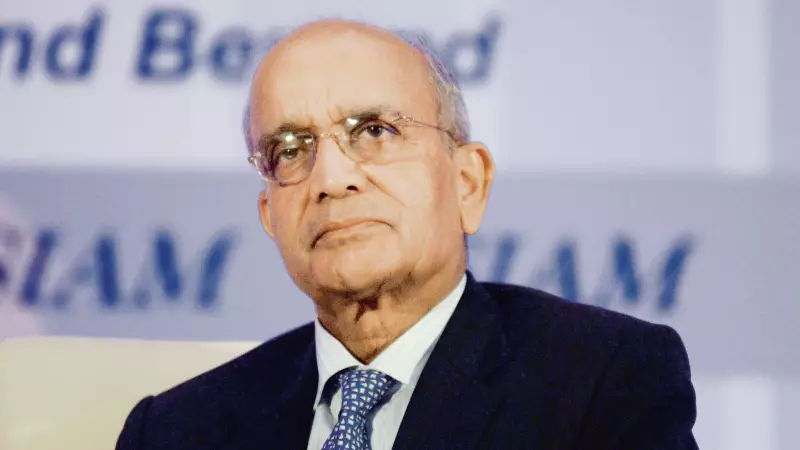
In a compelling revelation that could reshape India's automotive landscape, Maruti Suzuki Chairman RC Bhargava has made a strong case for reducing Goods and Services Tax (GST) on small cars, highlighting how current tax structures are creating an affordability crisis for entry-level buyers.
The Small Car Conundrum: Why Taxes Matter
Bhargava's analysis points to a worrying trend: while SUV sales are skyrocketing, the small car segment—once the backbone of India's auto industry—is struggling under the weight of heavy taxation. Small cars currently attract the same 28% GST as their larger SUV counterparts, despite being significantly more affordable and essential for first-time car buyers.
"The fundamental issue," Bhargava explains, "is that the small car customer is very price-sensitive. When you add 28% GST plus compensation cess, the final price becomes prohibitive for many aspiring car owners."
SUV Boom vs Small Car Gloom
Recent industry data reveals a stark contrast in market performance:
- SUV segment has grown to command over 50% market share
- Small car sales have stagnated or declined in recent quarters
- Entry-level models like Alto, S-Presso, and WagonR face unprecedented challenges
Bhargava emphasizes that this isn't just about Maruti Suzuki's bottom line. "This affects the entire ecosystem—from component manufacturers to dealerships and, most importantly, the common Indian consumer looking to upgrade from two-wheelers to four-wheelers."
The Ripple Effect: Beyond Showroom Floors
The Maruti Chairman's argument extends beyond immediate sales figures. A thriving small car segment, he suggests, creates multiple positive externalities:
- Economic Mobility: Easier access to personal transportation enables better job opportunities and economic participation
- Manufacturing Boost: Sustained production volumes support employment across the automotive value chain
- Export Potential: Competitive small car manufacturing can strengthen India's position in global markets
The Path Forward: A Balanced Approach
While acknowledging the government's revenue considerations, Bhargava proposes a nuanced solution: differential GST rates based on vehicle size and price points. This approach, he argues, would make car ownership more accessible while maintaining overall tax collections through higher volumes.
"The auto industry contributes significantly to India's manufacturing GDP and employment," Bhargava notes. "Supporting the small car segment isn't just good for automakers—it's good for the Indian economy and millions of aspiring middle-class families."
As the industry watches for potential policy shifts, one thing is clear: the debate around car taxation in India is about to get much more interesting, with implications that could determine the future trajectory of personal mobility in the world's third-largest automotive market.





